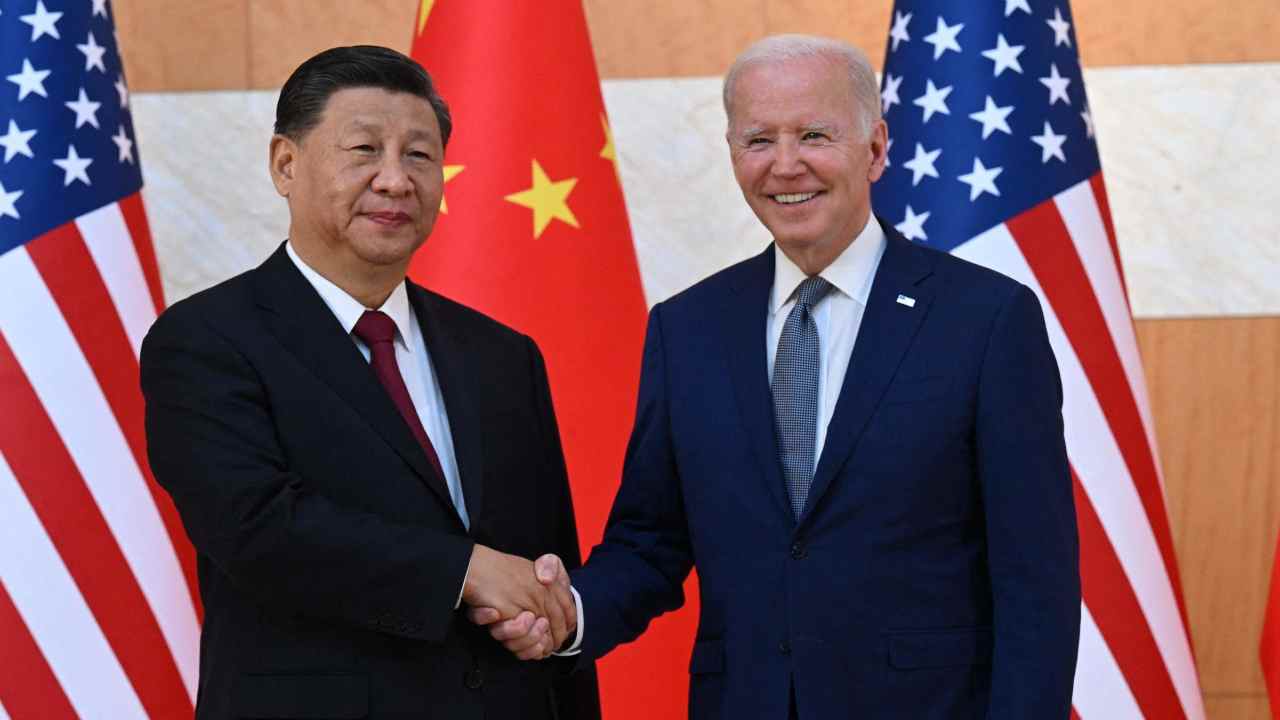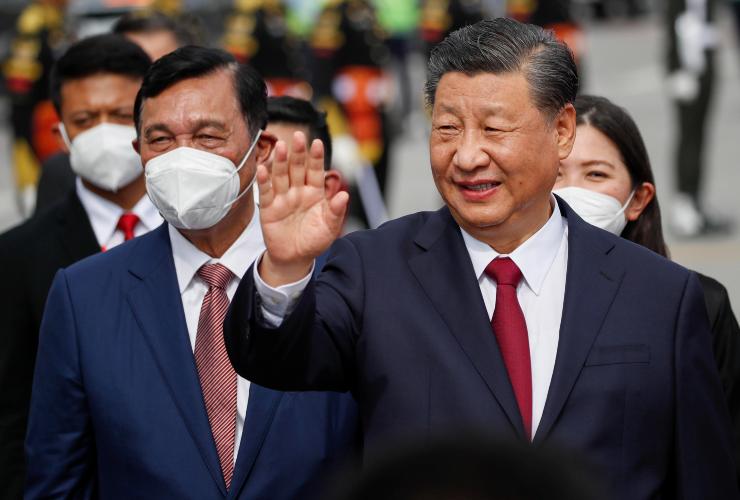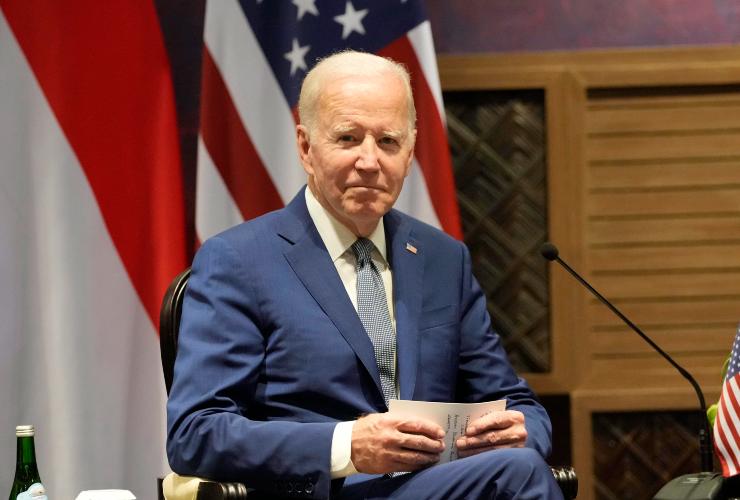Monday, November 14, the presidents of the United States and China, Joe Biden and Xi Jinping, met in Bali (Indonesia). A summit that could have positive consequences in terms of a “thaw” in relations between the two most important superpowers on the planet.
Biden and Xi greeted each other with a handshake ahead of their first in-person summit since the former was president of the United States. “As leaders of the world’s major economies, we have to manage the competition between our two countries,” Joe Biden told his counterpart during the first steps of their bilateral in Bali. “It’s a pleasure to meet you,” Biden said. “It’s a pleasure to see you again since the last time in 2017,” Xi Jinping replied. “We must find the right course of relations through frank exchanges,” added the Chinese head of state.
 Photo Ansa
Photo Ansa
The meeting between the two took place in Bali, Indonesia, on the occasion of their participation in the G20 summit which will be held until November 17. On the American side, US President Biden aims to identify “areas of cooperation” with China. The hope is to “come out of this meeting with areas where the two countries, the two presidents and their teams can work cooperatively on substantive issues,” National Security Advisor Jake Sullivan said.
Biden and Xi, this is not the first time
So far, few world leaders, apart from Russian friend Vladimir Putin, have spent as much time with Xi as Biden. During the latter’s visit to China in August 2011, the two, then vice-presidents, had 5 meetings in 6 days. The bond established then remains today among the rare signs of hope to cling to in relations between the United States and China. Since Biden became President of the United States, there have been 5 remote talks between him and Xi, including phone calls and video links, but the efforts have failed to yield significant results. After four difficult years under the presidency of Donald Trump, China hoped that Biden would reduce the turmoil. But relations have collapsed to the lowest point since relations normalized in 1979.
 Photo Ansa / Epa
Photo Ansa / Epa
What the superpowers want
The United States is now concerned about Beijing’s assertiveness over Taiwan and the East and South China Seas. As well as the rapidly growing nuclear arsenal and the refusal to explicitly and strongly condemn the Russian invasion of Ukraine. China, meanwhile, accuses Washington of encouraging pro-independence forces in Taiwan and creating partnerships and alliances such as Quad and Aukus for the sole purpose of countering the new ambitions of the Middle Kingdom, by strangling the export of electronic chips and technological equipment.
Biden announced that the two leaders would draw their impassable “red lines”. “There is no alternative to this type of leader-to-leader communication to navigate and manage such an important relationship,” noted Jake Sullivan again. Biden and Xi arrived in Bali for the G20 strengthened on the home front, although there are problems.
 Photo Ansa / Epa
Photo Ansa / Epa
The XX Communist Party Congress crowned Xi in October with an unprecedented third term as general secretary, but China’s economy is struggling and the zero-tolerance Covid policy continues to stall the country. On the U.S. side, by contrast, the midterm vote exceeded even Biden’s most optimistic expectations, despite battling soaring inflation. On November 13, Biden was able to celebrate the confirmation of Democratic control of the Senate, where his party won 50 seats against 49 for the Republicans. And then there’s the Georgia assignment, where on Dec. 6 there will be a ballot to choose the governor.